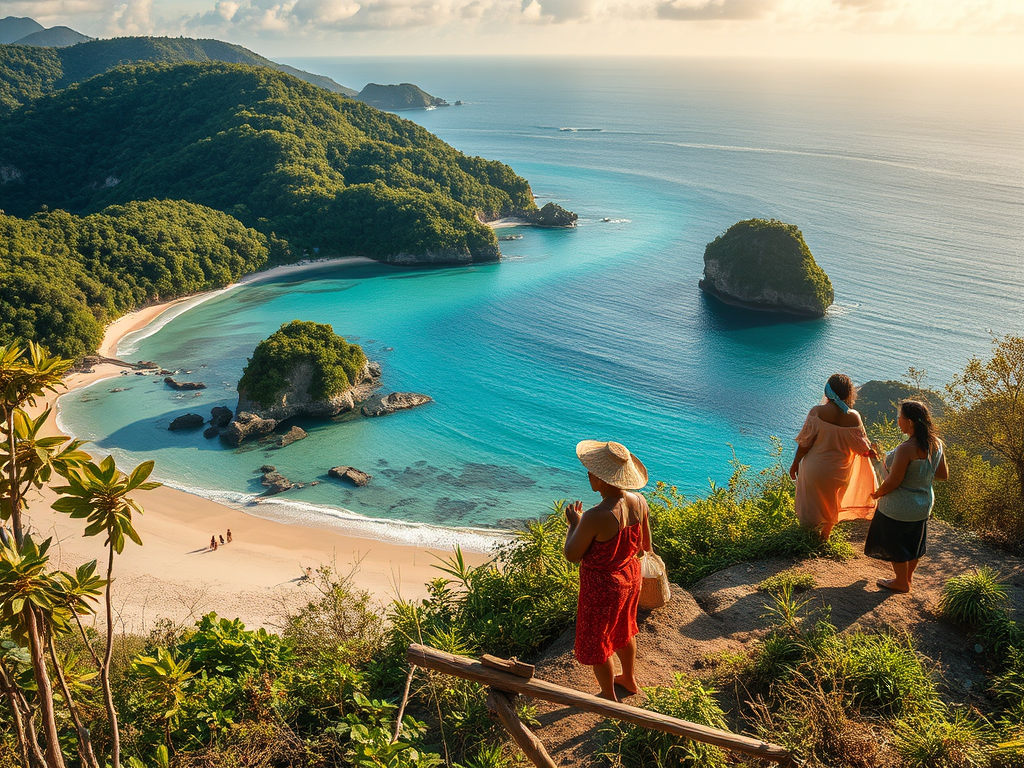Michael Angelo A. Cortez, DBA and John Paolo R. Rivera, Ph.D.
Building a Sustainable Future: A Framework for Philippine Tourism
Tourism stands as a vital pillar of the Philippine economy, offering employment opportunities, stimulating local businesses, and showcasing the nation’s rich cultural and natural heritage. However, the rapid expansion of this sector has brought forth challenges, including environmental degradation, cultural commodification, and socio-economic disparities. Recognizing these concerns, Dr. Michael Angelo A. Cortez and Dr. John Paolo R. Rivera propose a comprehensive framework aimed at steering Philippine tourism towards sustainability.
Understanding the Need for Sustainability
The authors highlight that while tourism contributes significantly to the country’s GDP and employment, unchecked growth can lead to irreversible damage to ecosystems and communities. The framework emphasizes the necessity of balancing economic benefits with environmental preservation and social equity.
Core Components of the Framework
- Stakeholder Engagement: Sustainable tourism requires the active participation of all stakeholders, including government agencies, local communities, private sector players, and tourists themselves. Collaborative decision-making ensures that diverse perspectives are considered, leading to more inclusive and effective strategies.
- Environmental Stewardship: Protecting natural resources is paramount. The framework advocates for the implementation of eco-friendly practices, such as waste management systems, conservation programs, and the promotion of low-impact tourism activities.
- Cultural Preservation: Tourism should serve as a means to celebrate and preserve the Philippines’ rich cultural tapestry. This involves supporting local artisans, safeguarding heritage sites, and ensuring that cultural expressions are respected and authentically represented.
- Economic Inclusivity: The benefits of tourism must be equitably distributed. Empowering local communities through capacity-building initiatives and ensuring fair employment practices can help in achieving this goal.
- Policy and Governance: Effective governance structures are essential for the successful implementation of sustainable tourism practices. This includes the development of clear policies, regulatory frameworks, and monitoring mechanisms to ensure compliance and continuous improvement.
Implementing the Framework
The authors suggest a phased approach to implementation, starting with pilot programs in select destinations. These pilots can serve as learning grounds, allowing for the refinement of strategies before broader application. Continuous monitoring and evaluation are emphasized to adapt to evolving challenges and opportunities.
Conclusion
The proposed framework offers a holistic approach to reimagining Philippine tourism. By prioritizing sustainability, the country can ensure that its natural and cultural treasures are preserved for future generations, while also providing meaningful economic opportunities for its people. Embracing this framework is not just an environmental or economic imperative—it’s a commitment to a more equitable and resilient future.
For a deeper dive into the framework and its detailed recommendations, you can access the full article here:
Proposing a Sustainable Tourism Framework for the Philippines

Leave a Reply